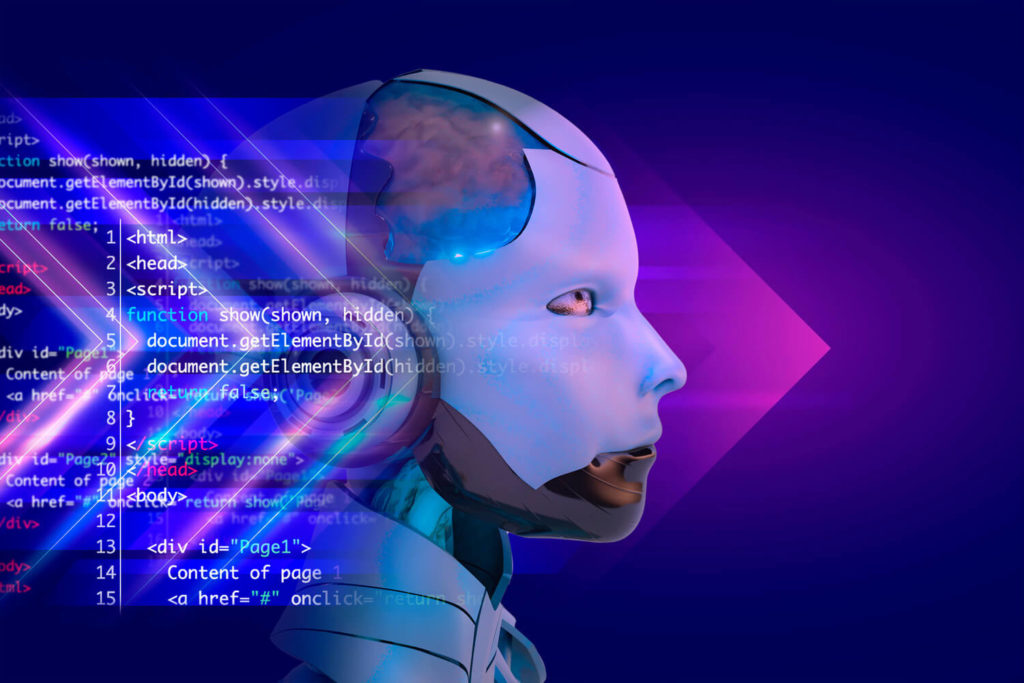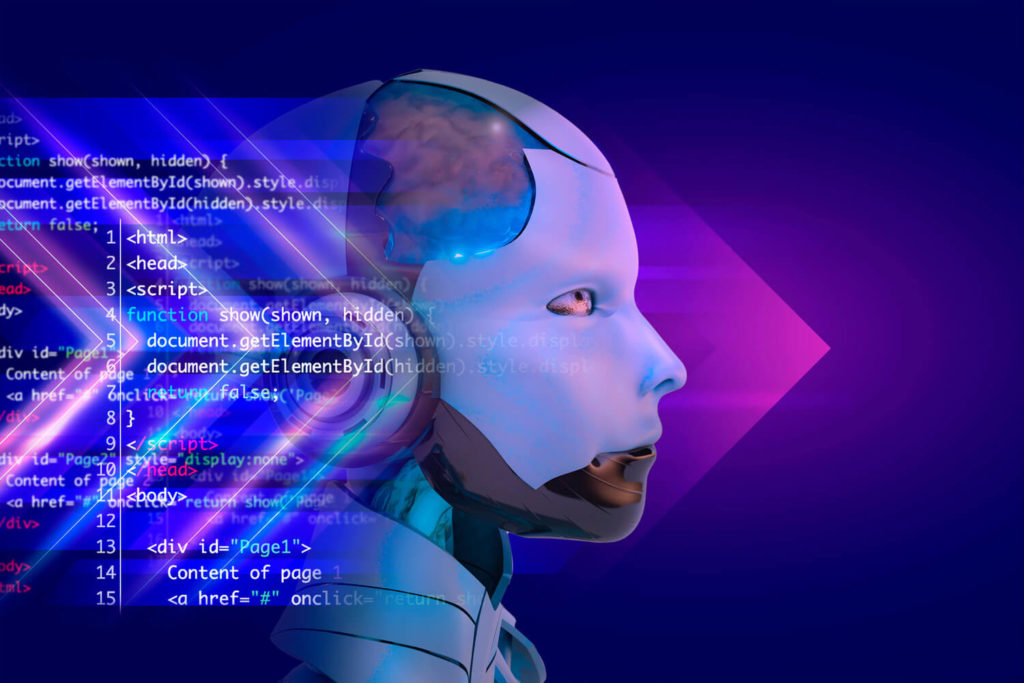- BlogTechnology How is AI Changing Software Development?




How is AI Changing Software Development?
6 Significant Ways How AI is Transforming Software Development
In the realm of technology, artificial intelligence (AI) has emerged as a powerful force that is reshaping various industries, including software development. With its ability to automate tasks, provide insights, and enhance efficiency, AI is transforming the way we approach software development. In this blog, we will explore the significant ways in which AI is changing the landscape of software development, along with real-world examples that illustrate its impact.
I. AI-driven Code Generation:
Traditionally, developers spent countless hours writing code. However, AI is now capable of automating code generation to a certain extent. For instance, OpenAI’s Codex can analyze large code repositories and generate code snippets based on provided prompts. This technology significantly accelerates the development process, enabling developers to focus more on critical aspects and complex problem-solving.
II. Intelligent Bug Detection:
AI-powered tools can detect and even predict software bugs, enhancing the efficiency of the testing phase. For example, Microsoft’s IntelliTest uses AI algorithms to automatically generate test cases and identify potential defects. By analyzing code patterns and identifying possible issues, these tools assist developers in catching bugs early in the development cycle, reducing debugging time and improving software quality.
III. Automated Testing:
AI is revolutionizing software testing by automating test case generation, execution, and analysis. Machine learning algorithms can analyze vast amounts of data and identify patterns, enabling efficient identification of critical scenarios to test. This approach saves time and effort while ensuring comprehensive test coverage. Tools like Test.ai leverage AI to create intelligent testing bots that mimic human interactions, allowing for more realistic and thorough testing.
IV. Enhanced User Experience (UX) Design:
AI plays a vital role in enhancing UX design by providing valuable insights and personalization. AI algorithms can analyze user data, behaviour patterns, and preferences to create personalized user experiences. For example, Netflix uses AI to recommend relevant content based on user preferences, significantly improving user engagement. AI-powered chatbots and virtual assistants also enhance user experience by providing instant support and personalized interactions.
V. Intelligent DevOps:
DevOps processes are becoming more efficient and scalable with the integration of AI technologies. AI can automate various aspects of DevOps, such as deployment, monitoring, and performance optimization. For instance, platforms like Google Cloud’s AutoML and Amazon Web Services’ SageMaker provide automated machine learning pipelines, simplifying the deployment and management of AI models. AI-powered monitoring tools can detect anomalies and predict potential issues, enabling proactive resolution and minimizing downtime.
VI. Data-driven Decision Making:
AI empowers software development teams to make data-driven decisions. By analyzing large volumes of data, AI algorithms can identify patterns, trends, and insights that aid in decision-making. For instance, product managers can leverage AI-driven analytics tools to gain deep insights into user behaviour, identify feature preferences, and optimize software development roadmaps accordingly. This data-driven approach enhances the effectiveness and impact of software development initiatives.
As AI in software development continues to advance, its transformative influence on software development becomes more apparent. From automating code generation and bug detection to revolutionizing testing, UX design, and DevOps, AI is reshaping the entire software development lifecycle. Real-world examples highlight how organizations are leveraging AI to achieve increased efficiency, improved software quality, and enhanced user experiences. As software development continues to evolve, embracing AI will become crucial to stay competitive in the dynamic tech landscape. By harnessing the power of AI, developers and businesses can unlock new levels of innovation and productivity in the AI-driven software development process.
Share this:
Recent Posts
- Top 10 Benefits of Using AI for eCommerce Business Growth
- How Incepteo Excels in AI Consulting for Small Businesses
- Top 10 Challenges AI Fintech Companies Face and How to Overcome Them
- How Offshore Mobile Development Reduces Operational Complexity for SMEs
- Why Incepteo is the Leading Software Development Company for Startups
By Sector

How Can Incepteo Help You?


Quick Links
AI SERVICES
2024 © All rights reserved by Incepteo
